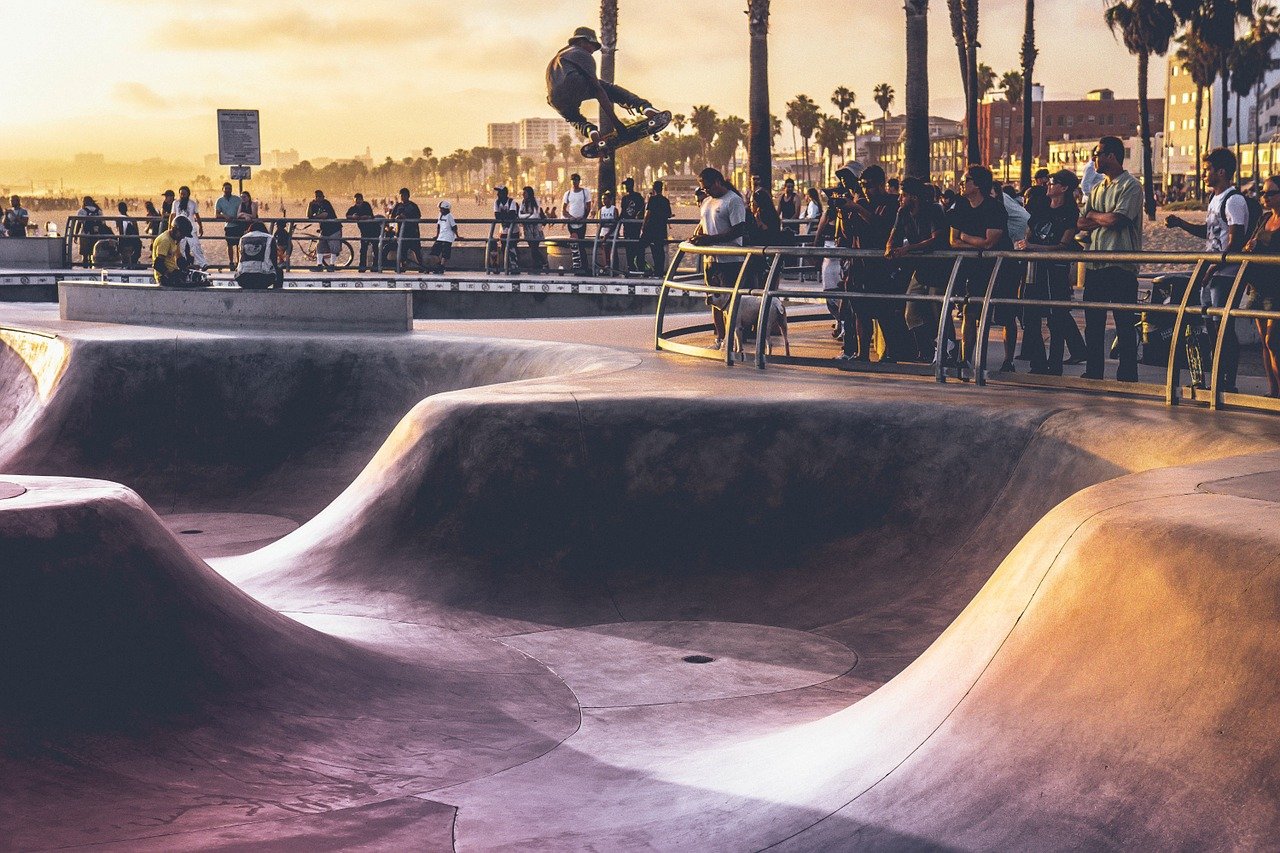While skateboarding has a rich history, it has a bright future ahead. Skateboarders from the 1970s would think you’re crazy that this sport would get Olympic-level prestige.
However, it has much potential to be one of the most renowned worldwide sports.
Here’s a glimpse into the future of skateboarding competition.
The X Games
While skateboarding made its first appearance in the 2020 Tokyo Olympics in 2021, you can’t deny that the X Games set the foundation for the future of skateboarding to get mainstream appeal.
If you want to get technical, Tony Hawk was the start of all this because he took the sport to international fame.
Who knew when he landed the first 900 at the X Games back in 1999, it would give skateboarding that sparks for worldwide fame?
From skateboard apparel, commercials, video games, and appearances, he capitalized on his sports fame. Ultimately, he created a $1 billion brand from just his skateboarding skills and marketability.
Flash forward more skaters competing in the X Games to now it’s getting the respect of the Olympic committee.
The future of skateboarding is taking it up a notch to the Olympics.
2020 Tokyo Olympics
What made this special is not only the fact that you saw skateboarding at a new height, but both male and female competitors got a chance to shred in a big way.
From the streets and empty swimming pools emerged a new wave to ride on the ground.
Momiji Nishiya made history by being the youngest female gold medalist with her first-place win in the women’s street competition at just 13-years-old.
While the 13-year-old Kokona Hiraki placed silver at the women’s park event, she’s the youngest medalist in Japanese Olympic history (she was 12 when she set the record).
However, other youngsters, such as 13-year-old British skateboarder, Sky Brown, placed bronze in the same event.
The more experienced 19-year-old Sakura Yosozumi dominated the park event with a score of 60.09, which put her at gold medal status.
Even though Hiraki and Yosozumi placed higher in the park event, Sky Brown had a chip on her shoulder.
During a training session with Tony Hawk, she suffered multiple skull fractures, lung and stomach lacerations, and a broken left arm and broken fingers on her right hand from a freak skateboarding accident.
She was just 11, and her parents told her to call it quits.
However, she showed her heart and said that wasn’t the end for her. As you can see, this resulted in her 3rd place status.
Of course, you can’t forget the men’s competition with Japan’s Horigome Yuto winning the first-ever gold medal in skateboarding with his performance in the men’s street final.
The Deeper Message
Deeper than the Olympic status, it shows the sport getting more gender-neutral. In a society where there are many women-led movements and a fight for more recognition and payment, skateboarding is the perfect platform.
Also, you’re seeing a new wave of young people getting involved in the sport like never before.
While the Olympics heavily promoted young women in skateboarding, it took decades of grassroots movements and competitions for them to get visibility on a grand scale.
Of course, the U.S. and Europe are at the helm of this movement right now, which sees over 40% female participation.
The Effect of the Olympics
It’s no surprise that the Olympics bring some more legitimacy to the sport. As a result, investors are more willing to create land development for skate parks and social projects for skateboarders. It’s just a start, but it’ll help create a better skate scene for their neighborhoods.
Not to mention, some areas around the world may not support it because they see it as a liability rather than profitability.
However, the positive press and the nuance that skateboarding has brought to the Olympics may sway their minds to put more resources into the youth.
USA, Brazil, Japan, and Europe have dominated the skateboarding scene.
Rhianon Bader, program manager of The Goodpush Alliance, a centralised source for resources on the social skate movement, says that he would love to see more action through Asia, Latin America, Africa, and the Middle East. Of course, it’s bound to happen with the influence of the recent Olympic games.





